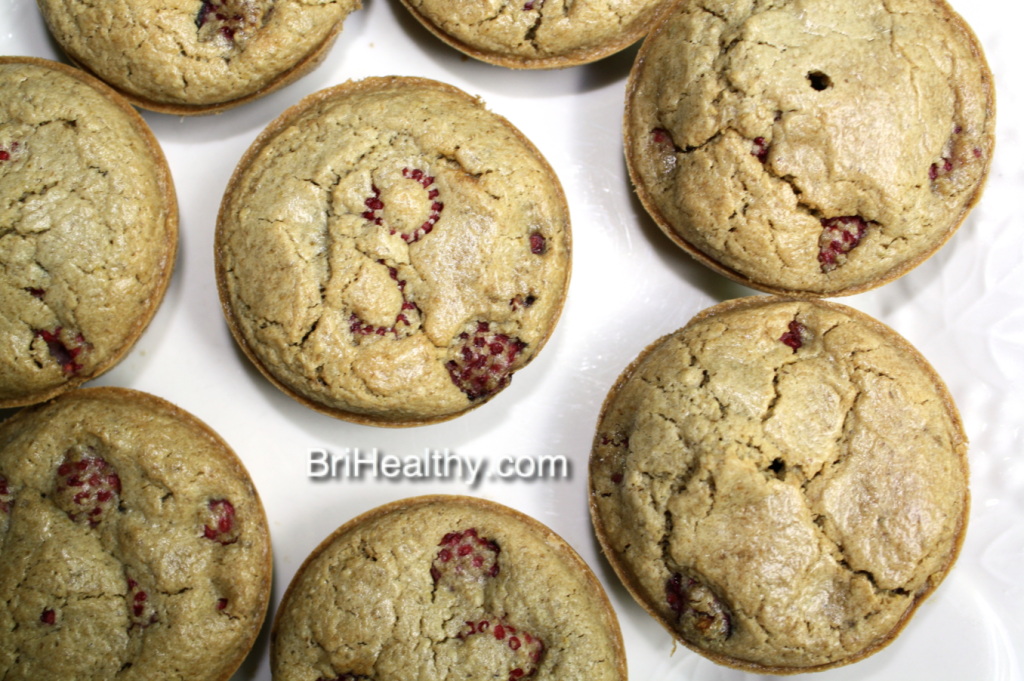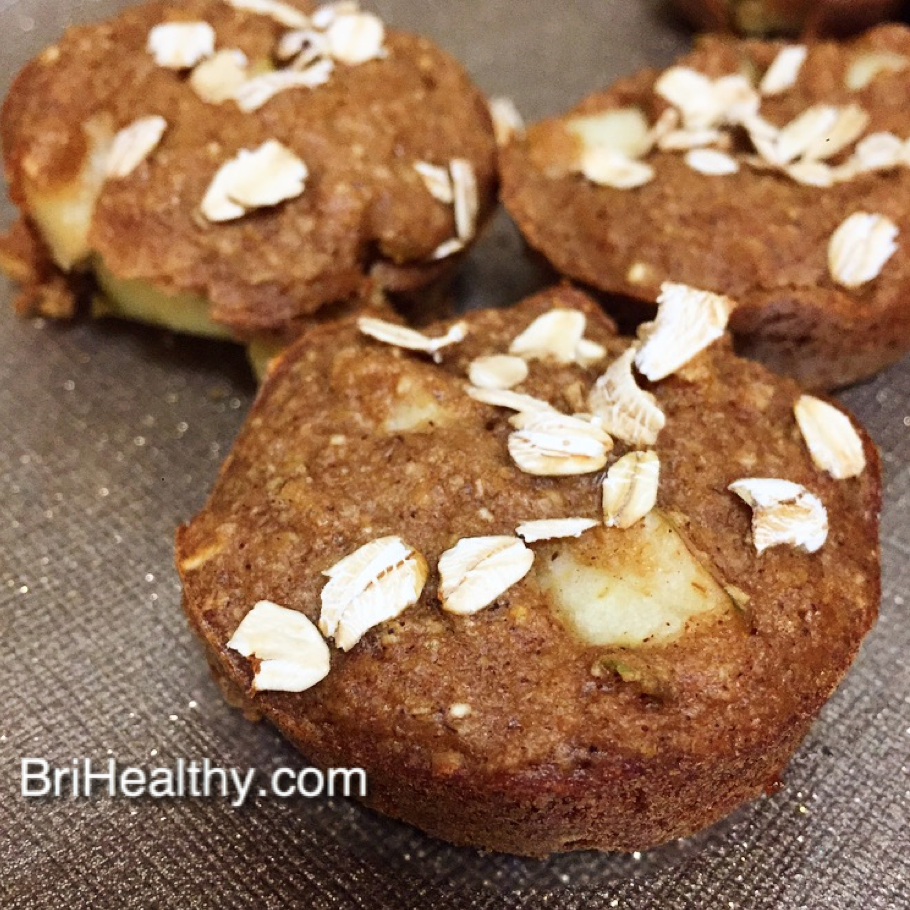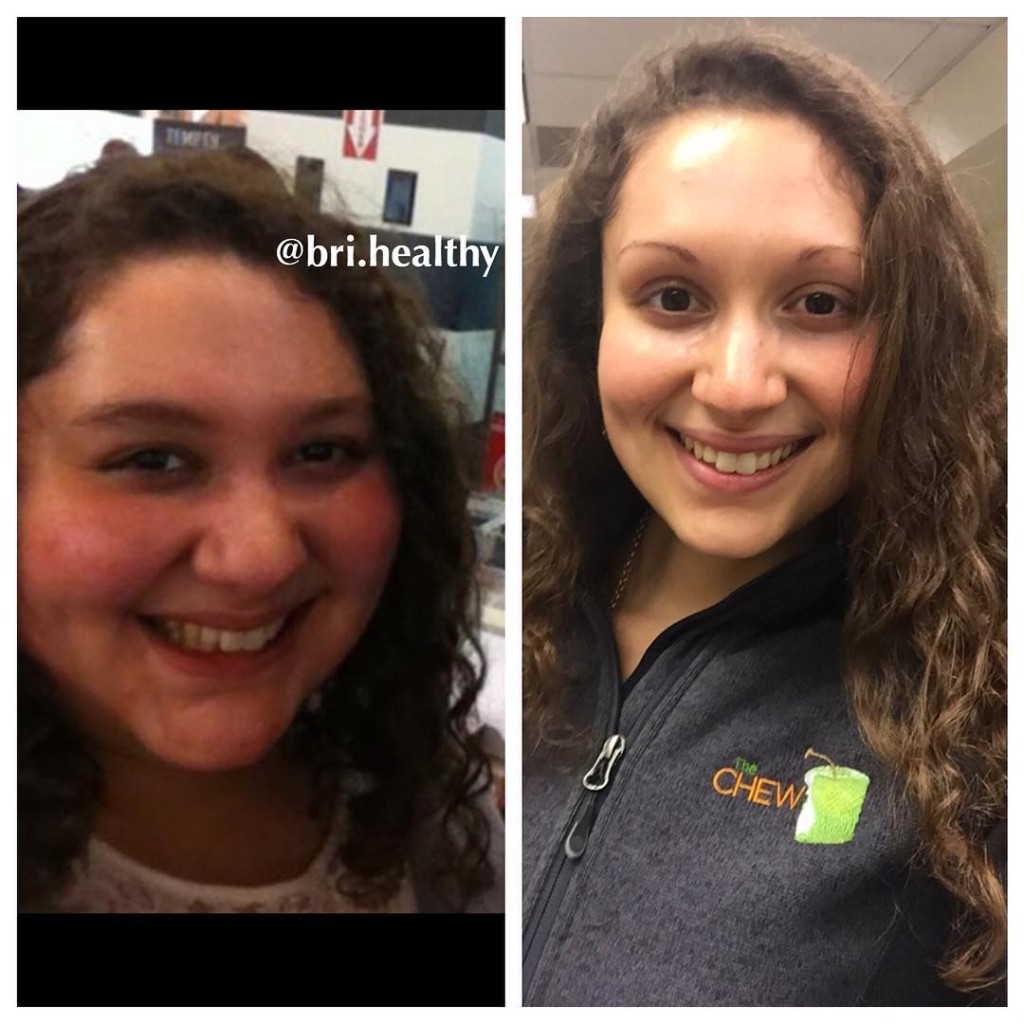If you’ve decided to eliminate carbohydrates completely, please reconsider! There’s no doubt that eliminating “bad” carbs will improve your health, but eating the right amount of “good” carbohydrate sources will make sure your body continues to function properly.
Many diets claim that the key to weight loss lies in the complete termination of consuming carbohydrates. This is simply not true. Eating less carbs overall may help, and certainly eliminating simple carbohydrates, which include white bread, white pasta, products containing refined sugar, white rice, white potatoes, etc., would be beneficial to your health. However, our bodies need carbohydrates to function at our full potential.

Glucose is our body’s preferred source of energy. When we consume carbohydrates, they are broken down into glucose and either used as fuel or stored for later energy use. If we consume too many carbohydrates at once, our blood sugar might spike and some of this glucose may be stored as fat. This is why reducing your intake of carbs may be helpful for your health, but more importantly, choosing the right carbs will be a better choice. Simple carbs, as I mentioned above, digest quickly and may spike your blood sugar levels, resulting in more glucose stored as fat. Complex carbohydrates, including sweet potatoes, brown rice, whole wheat breads and pastas, and beans, digest more slowly than simple carbs, leaving you feeling more full and also preventing a spike in blood sugar. If you balance your meals with appropriate amounts of protein, complex carbohydrates, and healthy fats, you’ll be good to go.

As I mentioned before, glucose is our main energy source, and carbohydrates are our main source of glucose. If we do not consume adequate carbohydrates, our bodies will use other sources to create glucose. If there is an insufficient amount of carbohydrates, our bodies will break down fat and/or protein and convert them into glucose to be used as energy, which is a process called gluconeogenesis. Ideally, people who eat low-carb diets hope that mainly fat will be converted and therefore result in weight loss. However, protein is broken down as well, which can result in the loss of muscle if the low-carb diet continues. When muscle mass is being reduced, the scale may read that body weight has been lost, which is true. But it’s not necessarily the type of weight you want to be losing. If your muscle mass is decreasing, it is counterproductive to achieving a desired state of fitness. Plus, while your body breaks down fat and protein simply for energy to keep you going, you may experience an overall decrease in energy in your daily life. Although this may cause weight loss, I don’t believe it’s the healthiest way to achieve it.

From my weight loss experience, I learned that it’s all about your daily calorie intake and calorie burn. When I was losing weight, I never counted my macronutrients, except to make sure I consumed enough protein. I do believe that counting macros can be very beneficial and I’m not trying to downplay that at all. But weight loss can be achieved in a healthy way by counting calories and eating healthy foods. That’s it. You don’t have to eliminate all carbs completely, you don’t have to take on any peculiar diets. Just eat healthy foods and the right amount of them according to your body and your goals!
If you ever have any questions about my weight loss journey, please email me using my Contact form. I would love to answer any inquiries and help you on your journey!

